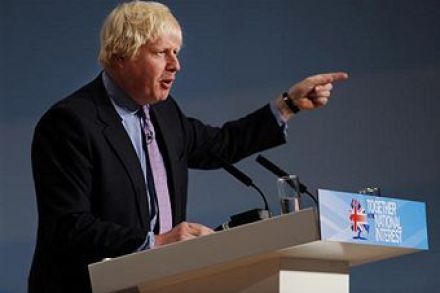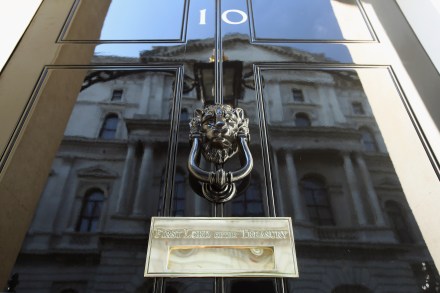A Grim St Patrick’s Day
St Patrick’s Day is often pretty grim, not least on account of the American habit of suggesting the poor old boy is actually the patron saint of uncooked hamburgers. It is St Patrick’s Day or Paddy’s Day and “Patty’s Day” is an abomination. True, the pubs tend to be stuffed with insufferable amateurs today but in general Ireland is a decent place to pass St Patrick’s Day and a better one than most. At least there are proper Irish people there. But this is not an especially bonny St Patrick’s Day and not even a new government that can scarcely fail to be some modest improvement upon its predecessor can



















